
edWebinars
«Back to all edWebinars- This event has passed.
Creating IEPs: Understanding Learner Variability and the Role of Empathy
Tuesday, February 9, 2021 @ 6:00 pm - 7:00 pm EST
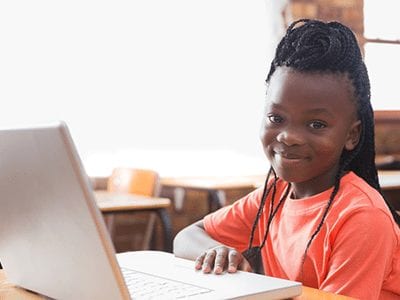
Presented by Amanda Morin, Associate Director, Thought Leadership and Expertise, Understood; Kara Ball, Elementary Science and STEM Education Specialist, Baltimore City Public Schools (MD), and Teacher Fellow, Understood; Medha Tare, Ph.D., Director of Research, Learner Variability Project, Digital Promise; and Benjamin Morin, Student Self-Advocate
Moderated by Barbara Pape, Director of Policy and Communications, Learner Variability Project, Digital Promise
Sponsored by Digital Promise
Closed captioning will be added to the recording within 2 weeks of the live presentation.
Get a CE Certificate for this edWebinar Learn more
One in five children have learning and thinking differences, and among students with identified learning disabilities, 70 percent spend at least 80 percent of their school day in the general education setting. For all students who learn and think differently to thrive, all teachers need to understand their learner variability and tailor support.
This recorded edWebinar will help demystify special education in the general education setting. Amanda Morin, Associate Director, Thought Leadership and Expertise at Understood, and Kara Ball, Elementary Science and STEM Education Specialist with Baltimore City Public Schools, will explore:
- Empathy and learner variability as the pillars of IEP implementation
- IEPs themselves: the laws, definitions, and processes for teachers
- Personal experiences of different learners
For many of the students who learn and think differently, an Individualized Education Program (IEP) serves as a roadmap for teachers to support their learning. It can illuminate their strengths, define interventions and accommodations they receive, and enable collaboration with families, experts, and students themselves. The IEP is powerful—but it can also be daunting for those not familiar with it.
This recorded edWebinar will be of interest to preK-12 teachers, librarians, and school and district leaders.
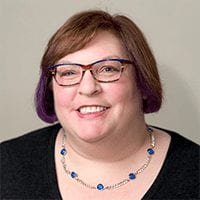
Amanda Morin is an author, parent advocate, and mom to kids who learn differently. She worked as a classroom teacher and as an early intervention specialist for 10 years. In her thought leadership role at Understood, she leads efforts to build internal knowledge about learning and thinking differences, works toward establishing Understood as an authority in the field, and ensures that the organization’s work is evidence based and reflects unique expertise and innovative perspectives.
Amanda received a bachelor’s degree in education from the University of Maine and special education advocacy training from the Council of Parent Attorneys and Advocates. She holds a certificate in Universal Design for Learning from the UDL Implementation and Research Network. She is the author of five books, including The Everything Parent’s Guide to Special Education; What Is Empathy? A Bullying Storybook for Kids; and Adulting Made Easy: Things Someone Should Have Told You About Getting Your Grown-Up Act Together. Amanda is a member of Matan’s Professional Advisory Board and a board member of the Scarborough Education Foundation. She and her family reside in coastal Maine.
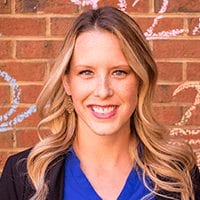

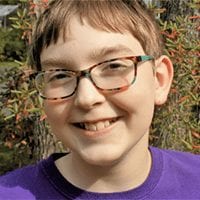
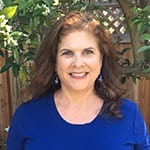
Barbara Pape is the policy and communications director for the Learner Variability Project at Digital Promise. She has 20 years’ experience in strategic communications, writing, and policy analysis, primarily in education. Previously, she served as the executive producer of the award-winning Teaching & Learning conference, sponsored by the National Board for Professional Teaching Standards, where she developed content and oversaw outreach and communications. As a writer, she has written for numerous publications, including Harvard University, the National Education Goals Panel (U.S. Department of Education), and Parents magazine. Barbara also served as editor and publisher of the first electronically delivered education newsletter, the Daily Report Card. She served on the Advisory Board of the Kennedy Center’s Intersection of Arts Education and Special Education Committee, serves as a judge for the Milken-Penn Graduate School of Education Business Plan competition, and is on the Boards at the Education Writers Association and Potentia. She earned an Ed.M. at Harvard University’s Graduate School of Education and launched her career as a middle school language arts teacher.
Closed captioning will be added to the recording within 2 weeks of the live presentation.
Join the Personalize Learning for Learner Variability community to network with educators, participate in online discussions, receive invitations to upcoming edWebinars, and view recordings of previous programs to earn CE certificates.




